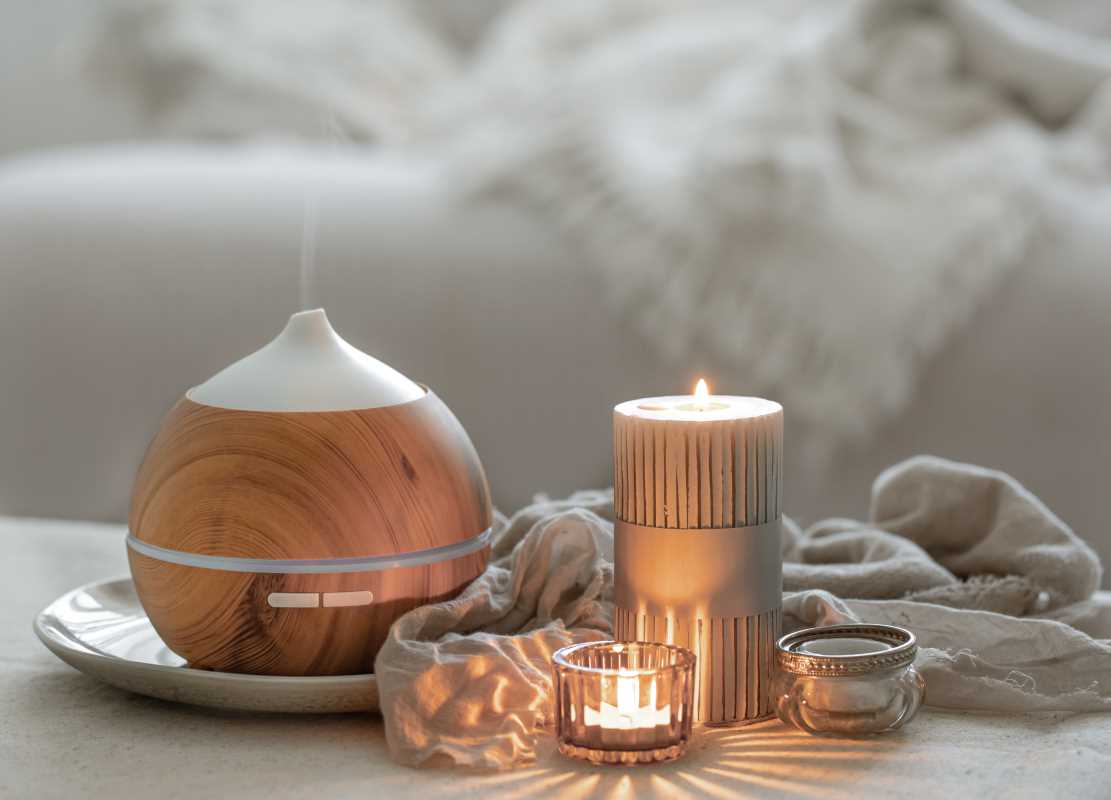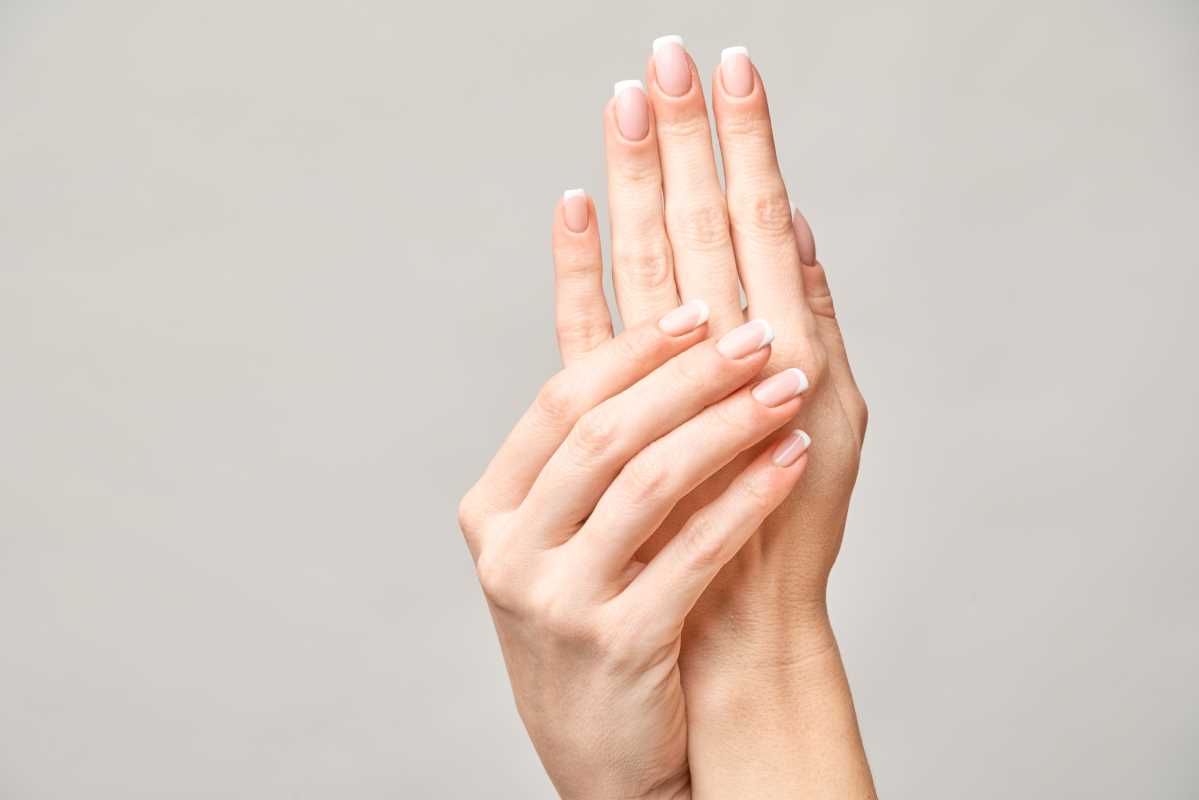In the world of personal branding and self-expression, a signature scent is a powerful tool. It’s an olfactory business card that lingers in a room long after you’ve left, a subtle whisper of your personality and style. Choosing the perfect fragrance is a journey of self-discovery that blends art and science, personal preferences, and external influences. This guide will walk you through finding a scent that encapsulates your essence and complements your lifestyle.
Understanding Fragrance Families
The first step in selecting your signature scent is understanding the different fragrance families. Fragrances are grouped into families based on the dominant notes and overall olfactory experience they provide. The main families include floral, oriental, woody, and fresh. Familiarizing yourself with these families can help you narrow down your choices based on the mood and image you wish to project.
- Floral: Floral fragrances are often romantic, feminine, and delicate, evoking the scents of blooming gardens. Notes like rose, jasmine, lily, and peony are central to this category. Floral perfumes are timeless and can range from light and airy to deep and opulent, making them suitable for a variety of occasions.
- Oriental: Oriental scents are warm, exotic, and sensual. They are composed of rich, spicy, and sweet notes, such as vanilla, amber, cinnamon, and patchouli. These perfumes are perfect for evening wear or colder seasons when you want to make a bold and lasting impression.
- Woody: Woody fragrances evoke a sense of earthiness and sophistication. Cedar, sandalwood, vetiver, and patchouli are common notes in this family. Woody scents are often perceived as calming and grounded, making them ideal for both daytime and evening wear. These perfumes offer a sense of depth and maturity.
- Fresh: Fresh scents are light, crisp, and invigorating, often featuring citrus, green, or aquatic notes. They bring to mind clean linens, ocean breezes, and fresh-cut grass. These fragrances are perfect for daytime wear, particularly in warm weather, offering a refreshing and energizing aura.
By identifying which family resonates with your personality and lifestyle, you can begin to filter your fragrance options and focus on scents that align with your preferences.
Identifying Your Personal Preferences
Choosing a fragrance is a deeply personal experience. Your individual tastes and lifestyle choices play a significant role in finding a signature scent that truly embodies you. Think about the types of scents that bring you comfort or make you feel confident. This is how you can narrow down your personal preferences:
- Reflect on scents tied to happy memories: Often, smells are linked to strong emotional memories. Maybe you associate the smell of fresh pine with childhood holidays or the scent of sun-warmed skin with your summer vacations. These personal connections can help guide you toward fragrances that resonate with you.
- Consider your lifestyle: Do you enjoy adventure and excitement, or do you lean toward calm and serenity? Bold, spicy scents like those in the oriental family might appeal to your sense of adventure, while soft floral or fresh fragrances might align with a more peaceful, understated personality.
- Look at current products: Pay attention to the fragrances in the products you already use. If you love the scent of your body lotion, shampoo, or candles, there may be a connection between those notes and the perfume that would suit you. By recognizing patterns in your preferences, you’ll get a clearer sense of what fragrances might feel most “you.”
Understanding these preferences is essential because it will help you make more informed decisions when testing scents in person. Ultimately, the goal is to select a fragrance that feels authentic to your personality and complements how you want to present yourself to the world.
Testing and Sampling Scents
Once you have a sense of the fragrance families and personal preferences, it's time to test and sample different scents to see which ones resonate with you the most. Testing fragrances is essential because the scent can evolve over time, and what you smell initially is not always the full picture. Here’s how to approach the testing process:
- Start with blotter strips: Perfume stores often provide tester strips to sample scents without applying them directly to your skin. Use these to get an initial sense of a fragrance before committing to wearing it.
- Apply to pulse points: Once you have narrowed down a few options, apply the fragrance to pulse points like your wrists, inner elbows, or neck. These areas generate heat, which can help amplify the scent, giving you a better sense of how it will evolve once it interacts with your body chemistry.
- Wait for the scent to develop: Fragrances are made up of three main components: top notes, middle (or heart) notes, and base notes. The top notes are what you first smell upon application but fade quickly. The middle notes are what will be most prominent after the top notes evaporate, while the base notes are the deepest, longest-lasting part of the fragrance. Give the perfume time to settle and evolve on your skin, as this will give you a more accurate representation of how it will smell throughout the day.
- Don’t rush the process: It’s important to try a scent over several hours before making a final decision. Sometimes, a fragrance may smell different after it settles on your skin, or you may notice subtle notes that didn’t initially stand out. Walk around, enjoy the scent, and see how it develops before committing.
Considering the Occasion and Season
Your signature scent should be versatile enough to match various occasions and seasons. Different fragrances are better suited for specific settings, times of the day, and even seasons of the year. Understanding how scent can enhance the atmosphere around you is key to making the right choice:
- Day vs. Night: Lighter, fresher fragrances are perfect for daytime wear. Citrus, aquatic, and green notes provide a sense of cleanliness and energy, making them ideal for casual outings, work, or daily activities. On the other hand, richer, deeper scents with amber, vanilla, and spices are better suited for evening wear or formal events where you want to leave a lasting impression.
- Seasons and weather: The season can greatly influence the type of fragrance that will be most appropriate. During warmer months, lighter fragrances are more comfortable and refreshing. Floral, citrus and green scents are perfect for spring and summer, while woody and oriental scents provide warmth during the colder months. Consider having different fragrances for different seasons so you can always feel in tune with the environment around you.
- Occasion-specific choices: When selecting a fragrance for a particular event, think about the tone you want to set. For a job interview, you might opt for something light and professional, like a fresh or clean scent. For a romantic dinner, a warmer, more sensual scent could create the right mood. By adjusting your fragrance to the occasion, you add another layer of consideration to your personal style.
Making Your Final Choice
After testing several fragrances and considering all the factors—fragrance families, personal preferences, occasion, and season—it’s time to make your final decision. Choosing your signature scent is a deeply personal decision, and it’s important to pick something that makes you feel confident, comfortable, and true to yourself.
- Trust your instincts: Ultimately, your fragrance should feel like a natural extension of your personality. It should resonate with you emotionally and make you feel empowered when you wear it. Don’t rush the process or let others influence your decision too much. A signature scent should be something you enjoy wearing day in and day out, not just a one-time purchase.
- Think about longevity and versatility: A great signature scent should be one that is adaptable and long-lasting. Consider its staying power—does it last throughout the day or fade quickly? You’ll want a fragrance that doesn’t require constant reapplication. Also, choose something that can transition from day to night, formal to casual, without feeling out of place.
- Remember that it evolves: Just as your tastes and preferences change over time, so too can your signature scent. Don’t be afraid to evolve your fragrance with your personal growth. A signature scent can mark specific phases in your life, reflecting who you are at any given time.
 (Image via
(Image via





